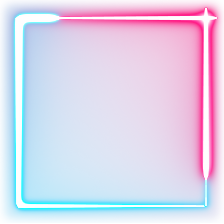Steamをインストール
ログイン
|
言語
简体中文(簡体字中国語)
繁體中文(繁体字中国語)
한국어 (韓国語)
ไทย (タイ語)
български (ブルガリア語)
Čeština(チェコ語)
Dansk (デンマーク語)
Deutsch (ドイツ語)
English (英語)
Español - España (スペイン語 - スペイン)
Español - Latinoamérica (スペイン語 - ラテンアメリカ)
Ελληνικά (ギリシャ語)
Français (フランス語)
Italiano (イタリア語)
Bahasa Indonesia(インドネシア語)
Magyar(ハンガリー語)
Nederlands (オランダ語)
Norsk (ノルウェー語)
Polski (ポーランド語)
Português(ポルトガル語-ポルトガル)
Português - Brasil (ポルトガル語 - ブラジル)
Română(ルーマニア語)
Русский (ロシア語)
Suomi (フィンランド語)
Svenska (スウェーデン語)
Türkçe (トルコ語)
Tiếng Việt (ベトナム語)
Українська (ウクライナ語)
翻訳の問題を報告




















When you reduce or quit using drugs your body goes through a detoxification process (detox) or withdrawal.
Symptoms vary between people, and between drugs, and range from mild to serious. They can last from a few days to a few weeks — it's different for every person — but they are temporary. Cravings for the drug will sometimes be weak and at other times very strong. Learning how to manage them is important for staying drug-free.
It’s never too late to quit using drugs.
Reducing or quitting drugs can improve your life in many ways. It can:
improve your physical and mental wellbeing
reduce your risk of permanent damage to vital organs and death
improve your relationships with friends and family
help you reconnect with your emotions
increase your energy
help you sleep better
improve your appearance
save you money.
Recovered addicts say that they’ve never felt better after quitting drugs, although this can take time. Knowing why you want to quit drugs can help you to stay motivated during the withdrawal process.